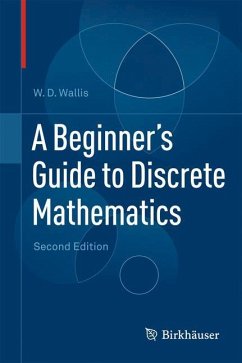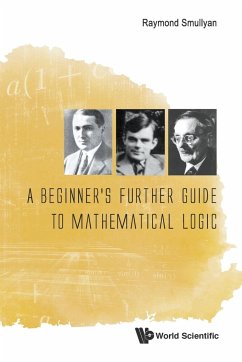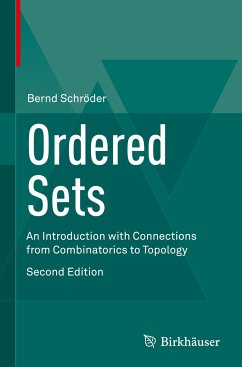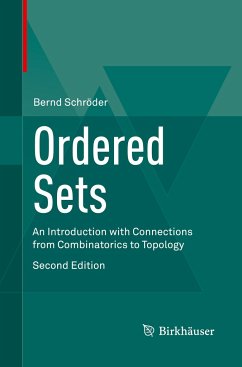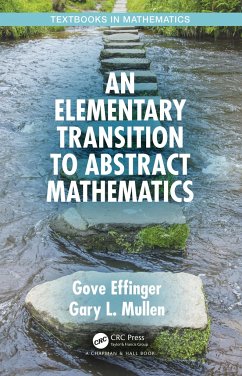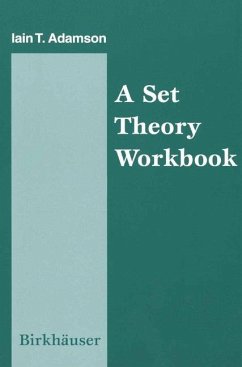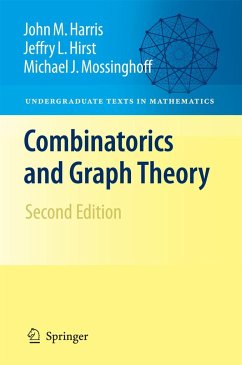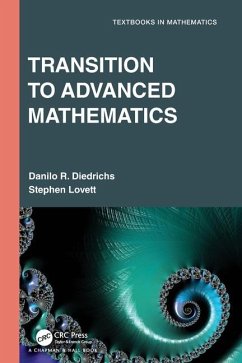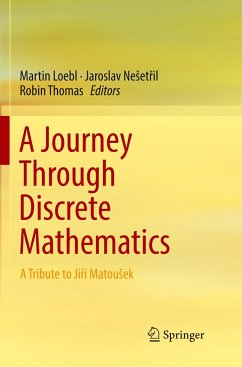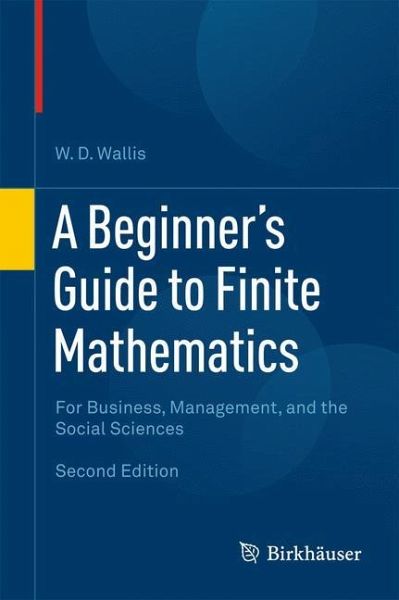
A Beginner's Guide to Finite Mathematics
For Business, Management, and the Social Sciences

PAYBACK Punkte
27 °P sammeln!
This second edition of A Beginner's Guide to Finite Mathematics: For Business, Management, and the Social Sciences takes a distinctly applied approach to finite mathematics at the freshman and sophomore level. Topics are presented sequentially: the book opens with a brief review of sets and numbers, followed by an introduction to data sets, histograms, means and medians. Counting techniques and the Binomial Theorem are covered, which provide the foundation for elementary probability theory; this, in turn, leads to basic statistics. This new edition includes chapters on game theory and financia...
This second edition of A Beginner's Guide to Finite Mathematics: For Business, Management, and the Social Sciences takes a distinctly applied approach to finite mathematics at the freshman and sophomore level. Topics are presented sequentially: the book opens with a brief review of sets and numbers, followed by an introduction to data sets, histograms, means and medians. Counting techniques and the Binomial Theorem are covered, which provide the foundation for elementary probability theory; this, in turn, leads to basic statistics. This new edition includes chapters on game theory and financial mathematics.
Requiring little mathematical background beyond high school algebra, the text will be especially useful for business and liberal arts majors for study in the classroom or for self-study. Its straightforward treatment of the essential concepts in finite mathematics will appeal to a wide audience of students and teachers.
Requiring little mathematical background beyond high school algebra, the text will be especially useful for business and liberal arts majors for study in the classroom or for self-study. Its straightforward treatment of the essential concepts in finite mathematics will appeal to a wide audience of students and teachers.




